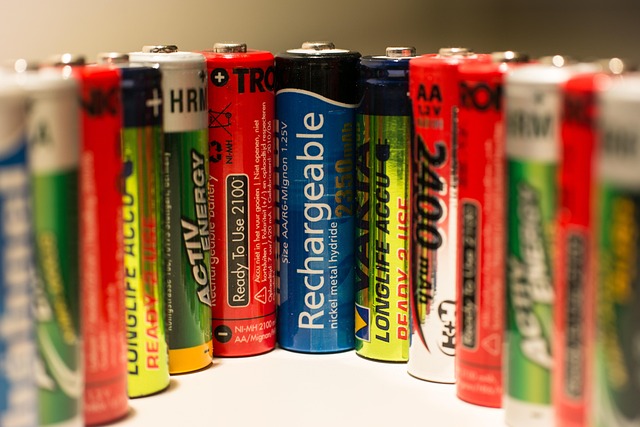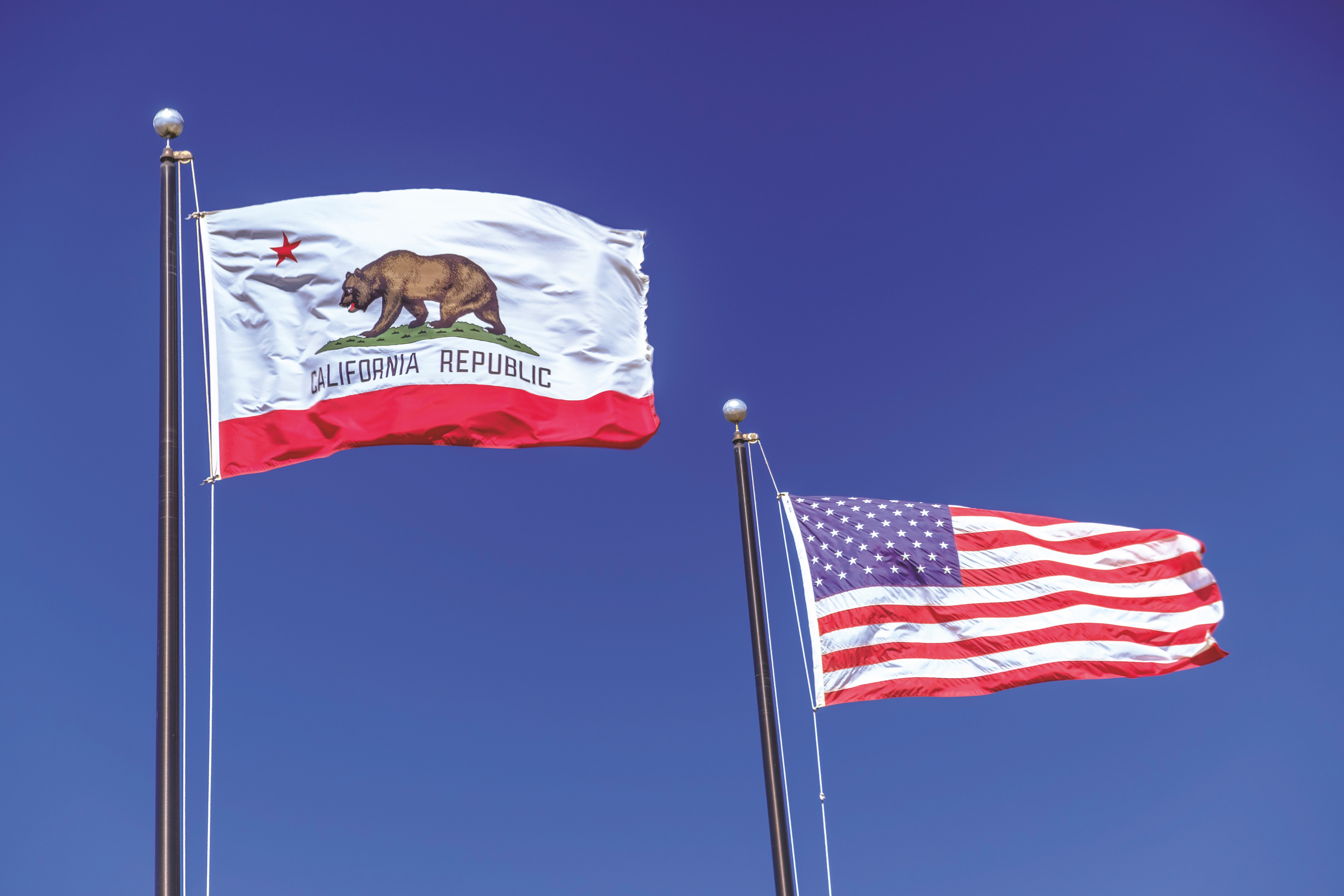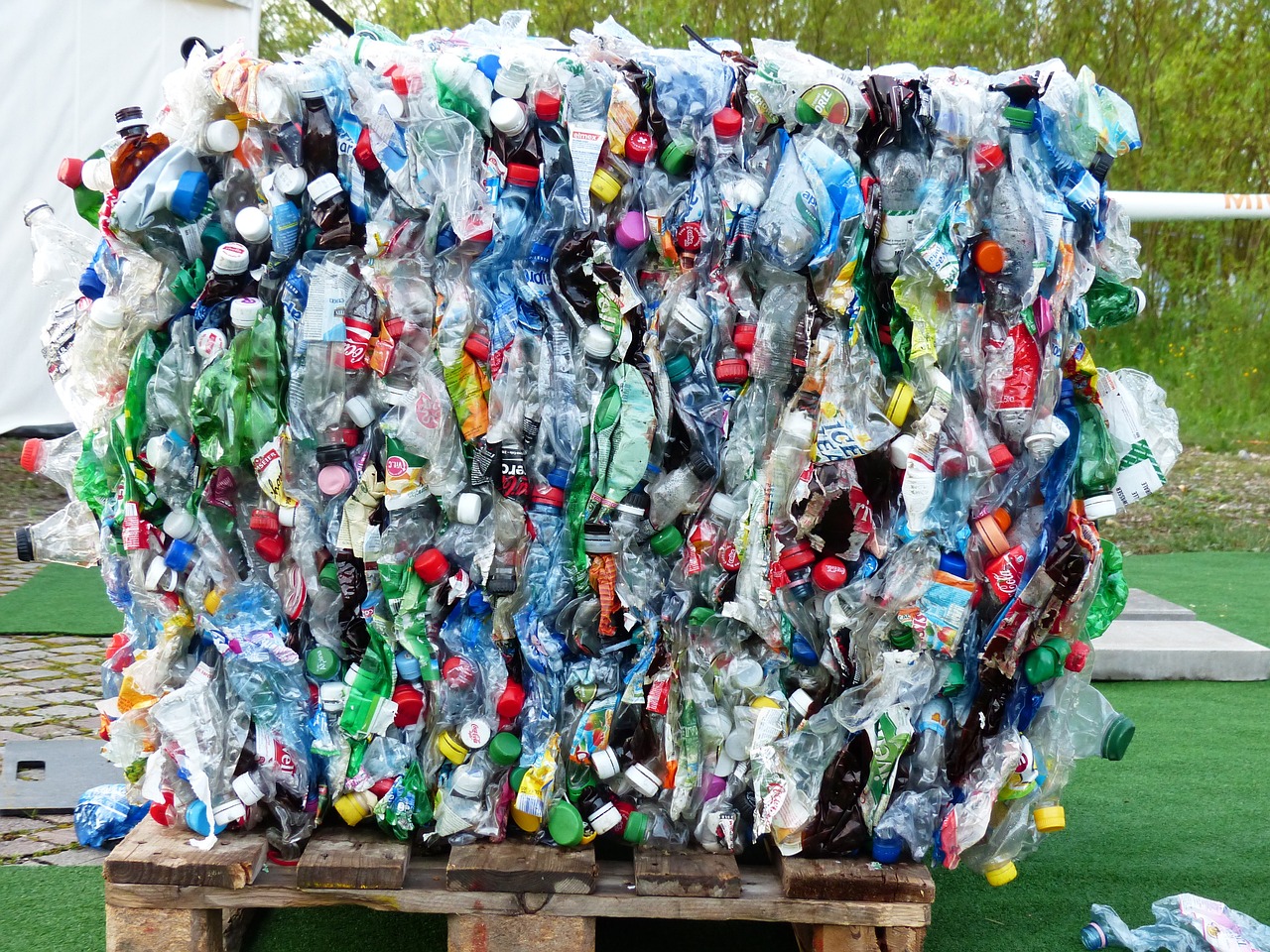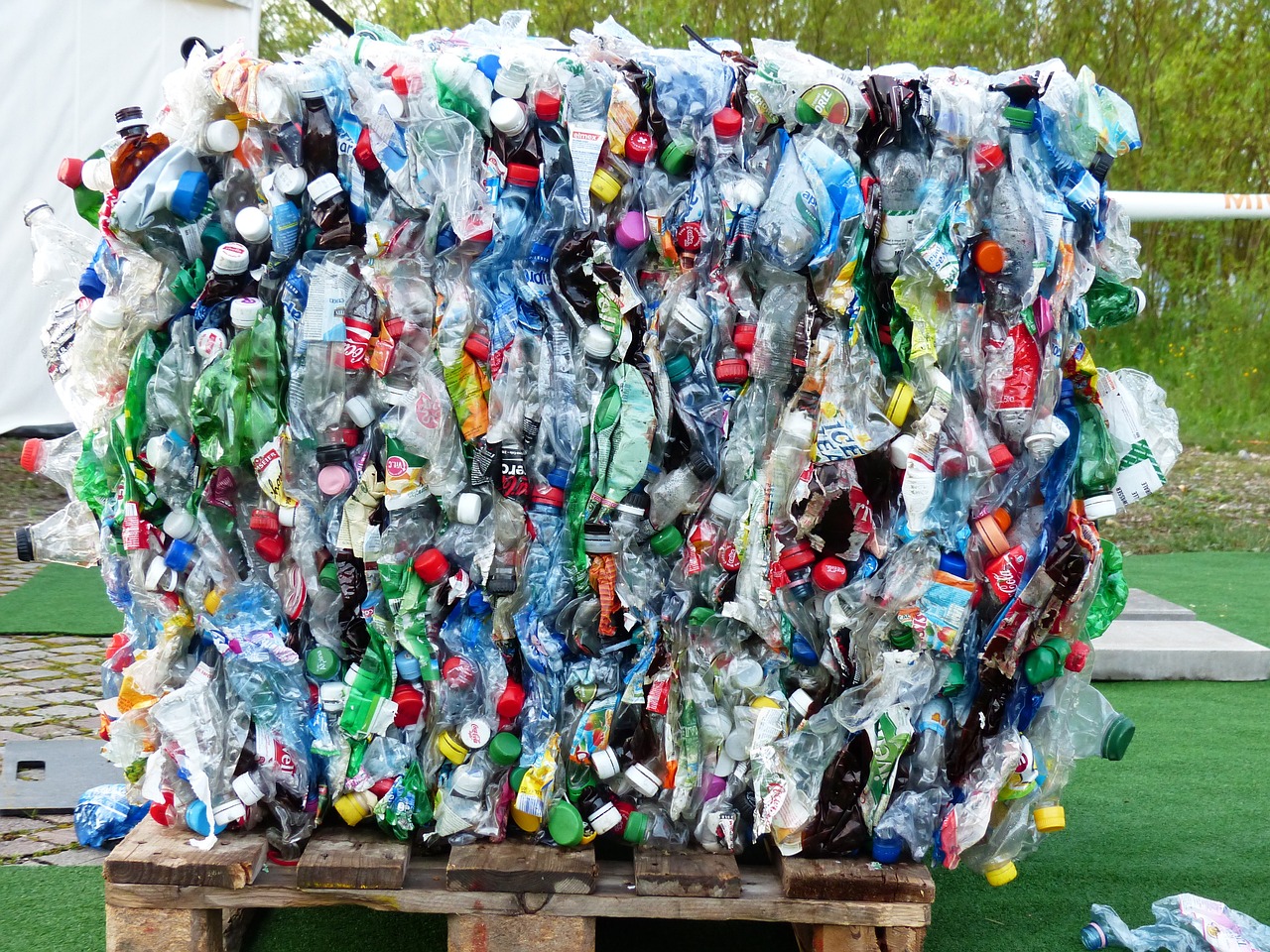Embedded Expertise: Guiding Clients Through WEEE and Batteries EPR
by Justin Given at 11:09 in Battery, WEEE, Emerging, Circular Economy under Environmental
With a background in Environmental Technology, I joined Lorax EPI in October 2022 as a Policy Analyst, before transitioning into a consultant role at the end of 2023. From the start, I've been fascinated by the challenge of taking complex legislation, whether emerging U.S. packaging rules or established WEEE and Batteries EPR frameworks, and helping clien...

California’s SB 54 and SB 343: Navigating EPR and Truth in Labeling Compliance
by Justin Given at 13:30 in Circular Economy, Environmental, Packaging under Environmental

In 2025, California continues to lead the way in packaging regulation, advancing the rollout of its two landmark laws; the Plastic Pollution Prevention and Packaging Producer Responsibility Act (SB 54) and the Truth in Labelling for Recyclable Materials law (SB 343), as key compliance deadlines draw closer. Together, these measures create a new compliance...
US Packaging EPR Update: Tracking Progress and Challenges Across Key States
by Justin Given at 14:00 in Packaging, Emerging under Environmental
Extended Producer Responsibility (EPR) laws for packaging exist in five U.S. states: Maine, California, Oregon, Colorado, and Minnesota. These laws make producers financially and logistically responsible for managing packaging waste. Eco-modulation fees, which reduce costs for sustainable packaging choices, are a key feature. Maine was first (2021), foll...

Responsible Fashion: California’s Textile EPR
by Justin Given at 13:00 in Circular Economy, Emerging, Environmental under Environmental

The Responsible Textile Recovery Act of 2024 (SB 707) is California's latest effort to tackle the increasing problem of textile waste. The act establishes a framework to manage the lifecycle of textiles, encouraging recycling, repair, and reuse to prevent millions of tons of post-consumer textile waste from ending up in landfills. With fast fashion contr...
Mechanical Recycling: How It Works and Why It Matters
by Justin Given at 09:00 in Circular Economy, Environmental, Packaging under Environmental
Recycling stands out as a vital strategy to manage waste and to aid in the conservation of our resources. Within the spectrum of recycling methods, mechanical recycling is one of the most significant and most common. But what exactly is mechanical recycling, and how does it contribute to the bigger picture of sustainability?Mechanical recycling is the pr...

Chemical Recycling: What is it?
by Justin Given at 17:05 in Circular Economy, Emerging, Packaging under Environmental

In recent years, there has been intensified efforts to address the issue of plastic waste as governments across the world are attempting to close the loop. Through this push for effective waste management, chemical recycling has become a promising solution, offering a new approach to tackle the challenges posed by traditional plastic recycling methods. B...
Insight Into Maine’s Implementation of Packaging EPR
by Justin Given at 14:30 in Circular Economy, Environmental, Packaging under Environmental
Maine is one of the first states to begin implementing packaging Extended Producer Responsibility (EPR) legislation. This law requires brands and packaging industry players to take financial responsibility for materials in the state's recycling system. Currently, four states are actively working to set up the operational framework for these programs.Main...

ISSB's New Standards for Corporate Climate Disclosures
by Justin Given at 16:30 in Environmental under Environmental

The International Sustainability Standards Board (ISSB) has launched its first two International Financial Reporting Standards (IFRS) that will aim to harmonise corporate climate disclosures, the IFRS S1 and IFRS S2 standards. Under the EU rules, listed companies have to prepare their consolidated financial statements according to a single set of internat...
How has post-consumer recycled content law developed in the United States?
by Justin Given at 14:59 in Circular Economy, Emerging, Environmental, Packaging under Environmental
Post-consumer recycled (PCR) content is a term that refers to materials that have been used and then recovered from products that have been disposed of by consumers, such as plastic bottles, aluminium cans, and paper. These materials are then recycled and used to make new products. This is a topic that has been gaining significant traction in the United S...

What are the “Green Guides”?
by Justin Given at 11:20 in Environmental under Environmental

The Guides for the Use of Environmental Marketing Claims (Green Guides) were first released by the US Federal Trade Commission (FTC) in 1992 and have been revised several times since then. The Green Guides were designed to prevent marketers from misleading consumers by using certain environmental claims on their products. The guides are not laws, they do ...
How far will it go in the US: An update on Extended Producer Responsibility across the United States
by Justin Given at 15:09 in Emerging, Environmental, Packaging under Environmental
Extended Producer Responsibility (EPR) for packaging has seen rapid growth in the United States over the last 2 years. Four states have already passed EPR legislation, with seventeen more states having proposed EPR bills during their 2022 legislative sessions. The perspective of EPR in the United States is centred on the financials of waste management, t...



